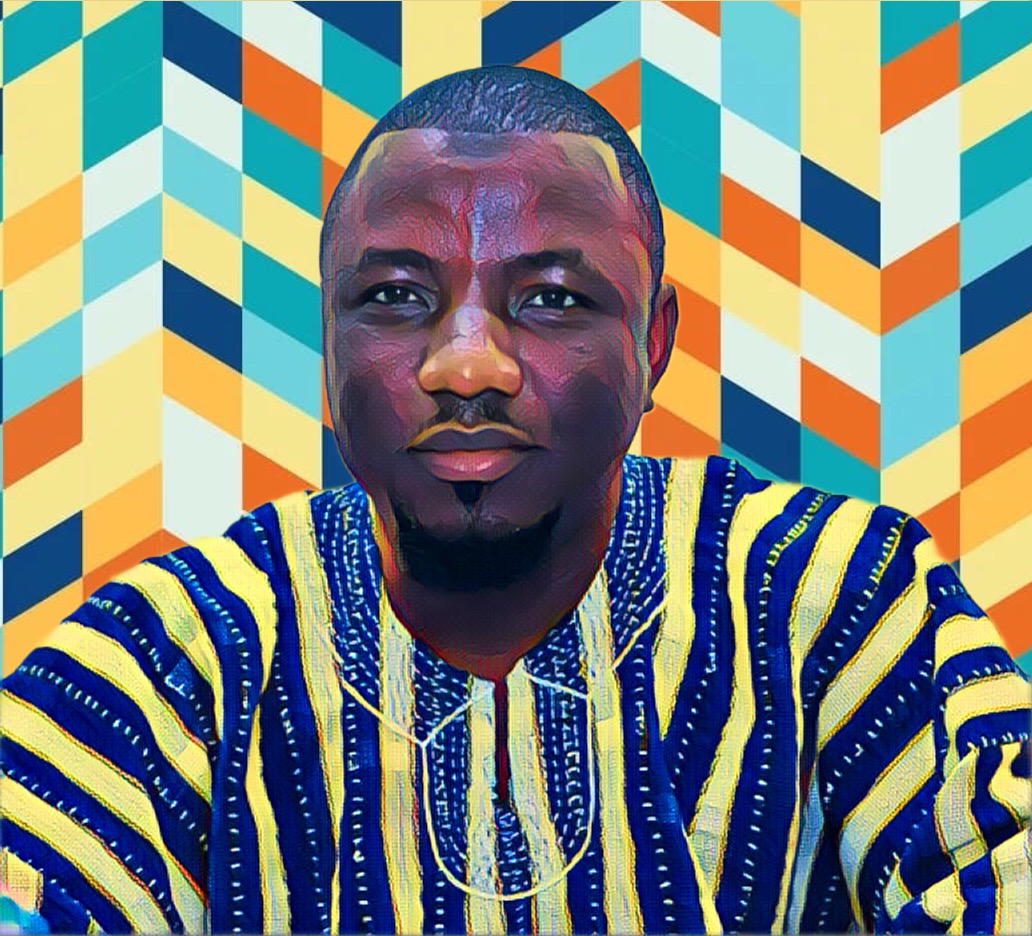Professor Seidu Alidu, a Senior Lecturer in the Department of Political Science at the University of Ghana, has called on political parties and their flagbearers to subject their policies and programs to public scrutiny. He believes this will help the electorate make informed decisions on December 7 and allow Ghanaians to seek clarifications on various policies for better understanding.
Prof. Alidu’s remarks follow the recent media engagement by John Dramani Mahama, the flagbearer of the National Democratic Congress (NDC), on Sunday, July 7. During this event, the former president shared his vision for the nation if re-elected.
Mahama made several key promises, including resetting the country within four years, instilling fiscal discipline, enhancing the free senior high school program, and aggressively tackling corruption by strengthening the Office of the Special Prosecutor.
In an interview with the Ghana News Agency (GNA) on Monday, Prof. Alidu praised Mahama, describing the initiative as a form of accountability to the people. “I think it is a very good thing to do. Basically, it’s a kind of accountability measure that when you seek to lead the people, you should submit yourself to their scrutiny,” he said.
Prof. Alidu emphasized that Mahama’s move should inspire other flagbearers to present their policies publicly and make themselves available for media scrutiny. This, he noted, would ensure that political leaders are more careful with their promises.
“If every flagbearer in this country were to organize such an event and allow the media to question him, probe him, and ask for clarification on some of the promises they make on campaign platforms or in manifestos they write, leaders would be very circumspect in just opening their mouths and saying anything because they know the media will hold them to account,” he stressed.
Prof. Alidu commended Mahama on his responses to the journalists’ questions, noting that they reflected his experience. “Overall, his responses to the questions were very apt. You could see that he had prepared for them and he responded in a manner that shows he has experience.”
Even when Mahama was unsure about certain procedures, his responses indicated he had an idea but was not specific about the details. “I was very satisfied with the kind of responses he gave to the questions,” Prof. Alidu added.
Regarding Mahama’s promise to reset the country in four years, Prof. Alidu argued that a four-year term is too short for any president or government to make a significant impact. However, he urged Mahama to build a strong foundation by taking bold decisions to address the country’s challenges, including illegal mining, the depreciation of the cedi, and corruption, for future governments to thrive.
“I agree that four years is such a short time to achieve everything, but you can also set the right foundation within four years for others to build on. When the NPP government came to power in 2017, most of the dividends they harvested in the first term of the presidency were as a result of the foundation laid by the previous NDC administration,” he said.
Prof. Alidu highlighted that governance is a continuous process, with each administration benefiting from the groundwork of its predecessors. “President Atta-Mills also benefited from a lot of the foundation set up by President Kufuor, and President Kufuor benefited from a lot of the foundation set up by Jerry John Rawlings. So, that’s why we say governance is a continuity; it is a continuous process,” he explained.
“We all know the issues. Sometimes, it is the political will and commitment to confront these issues that have always been our challenge. And I believe that if he thinks he is doing one term without being subject to renewal, he should be bold enough to tackle some of these challenges head-on and lay the foundation before he leaves,” Prof. Alidu concluded.
This call for greater accountability and transparency in political campaigns aims to foster a more informed electorate and ensure that political leaders are held accountable for their promises and actions.
Source: Ghana Web





1 comment
**mitolyn reviews**
Mitolyn is a carefully developed, plant-based formula created to help support metabolic efficiency and encourage healthy, lasting weight management.